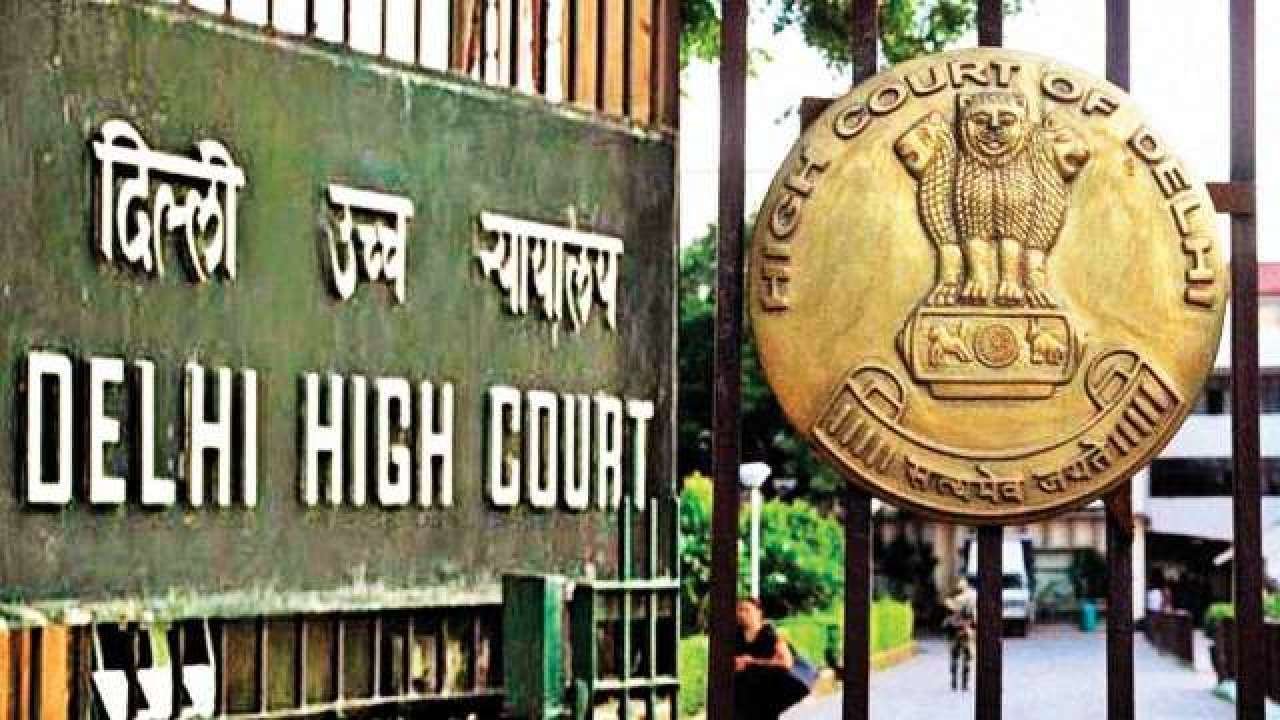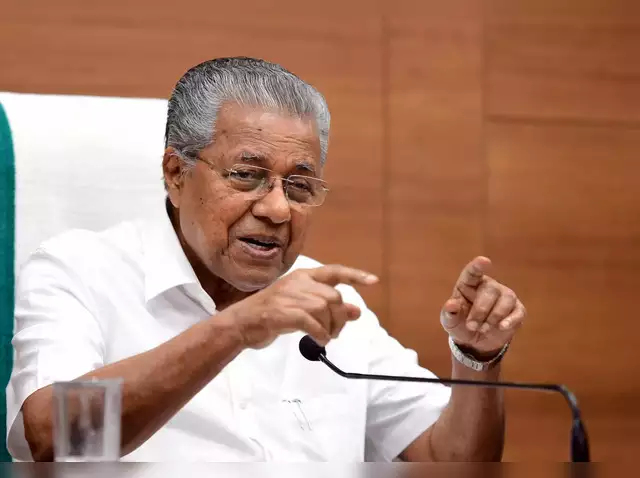The question before the Court was whether the insurance company is entitled to recover compensation from a vehicle owner when an accident occurs at a place beyond the route for which the vehicle was granted a permit.
The recent ruling by the Delhi High Court signifies that, in the context of motor vehicle accidents, insurance companies have the right to seek compensation from transport vehicle owners if they lack a valid and effective permit at the time of the accident. Justice Navin Chawla clarified that this privilege extends to situations where the accident-involved vehicle was operated in an area without a valid permit.
This decision stemmed from an appeal filed by a vehicle owner against a judgment by the Motor Accident Claims Tribunal (MACT). In the MACT ruling, the New India Assurance Company was granted the authority to recover compensation from the vehicle owner due to the absence of a permit to operate the vehicle in Delhi at the time of the collision. In response, the vehicle owner contested that straying from the designated route did not constitute a fundamental violation of the insurance policy’s terms.
The central issue before the Court was whether the insurance company could claim compensation from the vehicle owner when the accident occurred outside the permitted route defined in Section 66 of the Motor Vehicles Act. After a thorough examination of the Motor Vehicles Act, the Court concluded that adherence to the specified “route, area, or region” was a vital and obligatory permit condition. Therefore, driving the vehicle in an area or on a route not covered by the permit amounted to operating the motor vehicle without a valid permit, constituting a fundamental breach of the insurance policy terms.
Additionally, the Court referenced recent Supreme Court decisions, such as Gohar Mohammed v. Uttar Pradesh State Road Transport Corporation and Others, which established that even if a valid permit existed, the vehicle owner would be liable to pay compensation if the vehicle was operated on a route where the permit did not apply.
Justice Chawla also noted a conflicting decision in a prior Punjab and Haryana High Court case. However, considering that the offending vehicle had a legitimate permit only for Uttar Pradesh and not for Delhi, Justice Chawla upheld the New India Assurance Company’s right to seek damages from the vehicle owner. The Court emphasized that this case involved the operation of a vehicle without a valid permit at the time of the accident, ultimately rejecting the vehicle owner’s appeal.
The appellant, the vehicle owner, was represented by attorneys Rachit Mittal, Megha Tyagi, Parish Mishra, and Adarsh Srivastava, while the insurance company was represented by attorneys Salil Paul, Sahil Paul, and Mayank Jain. Ankit Virmani served as an amicus curiae to assist the Court in the proceedings.



